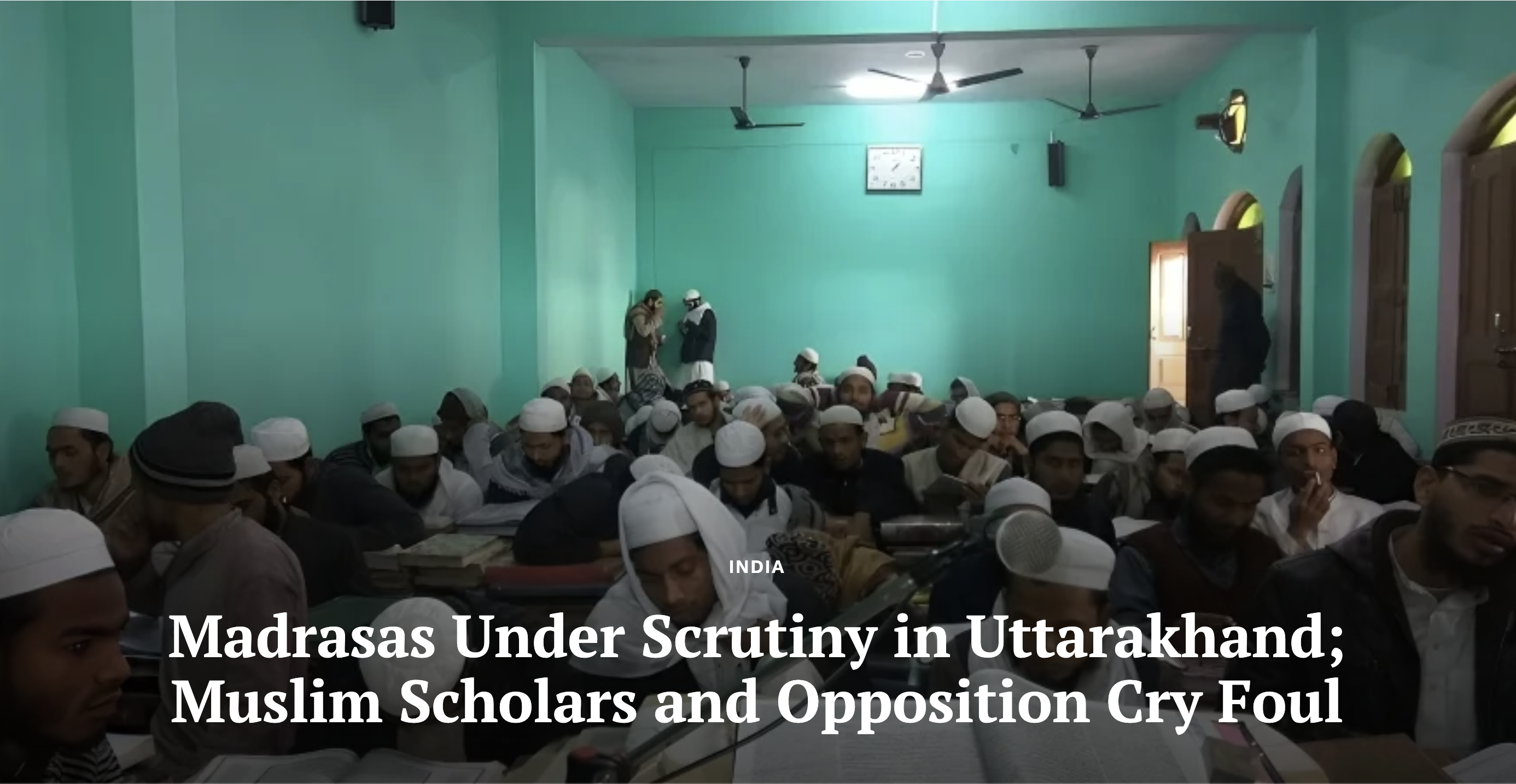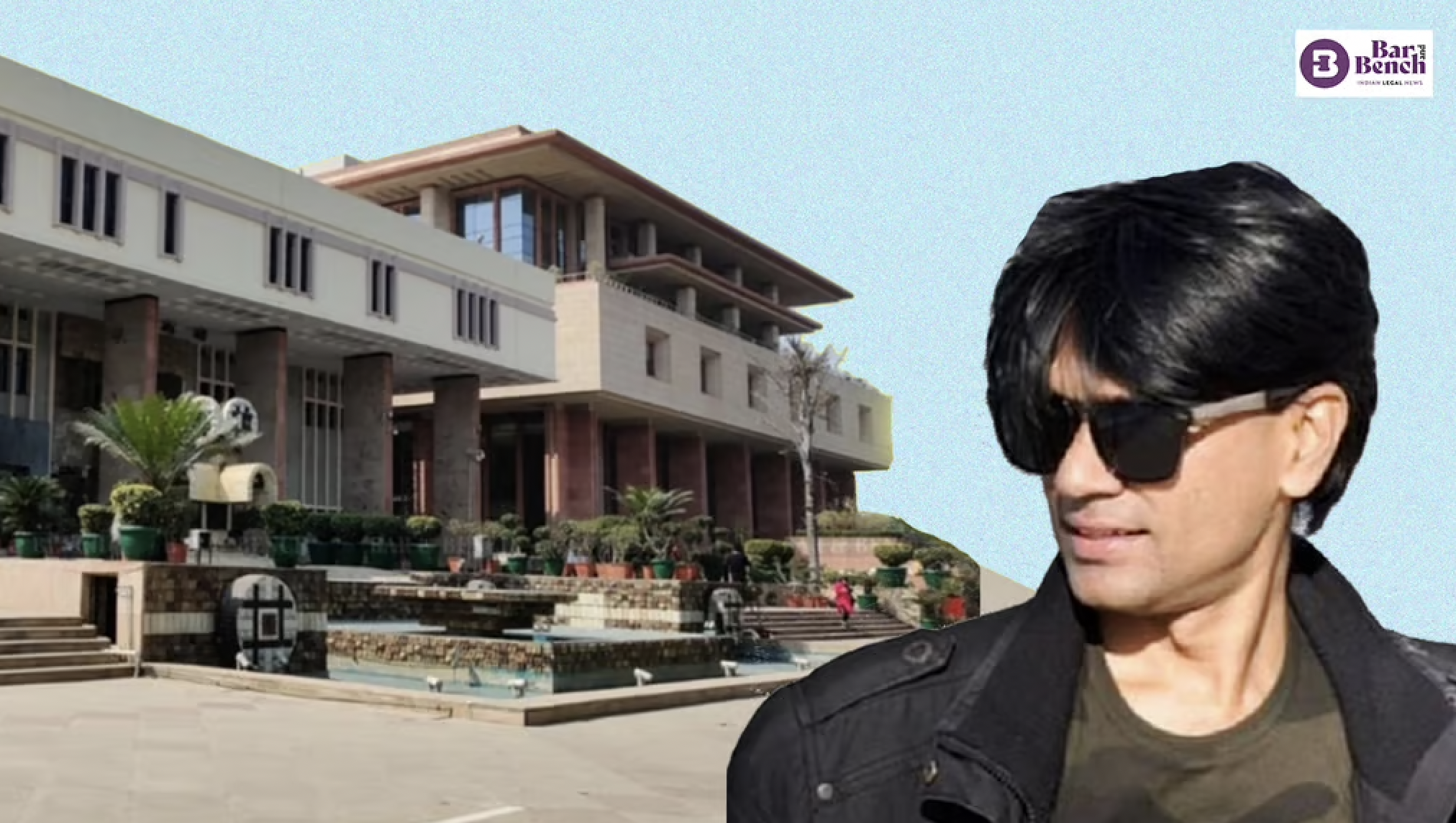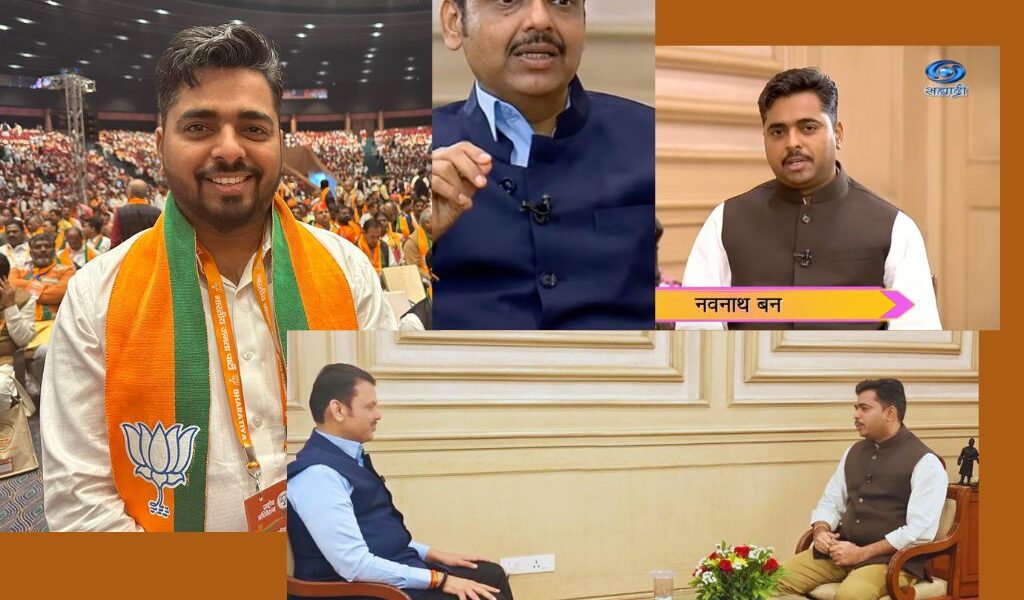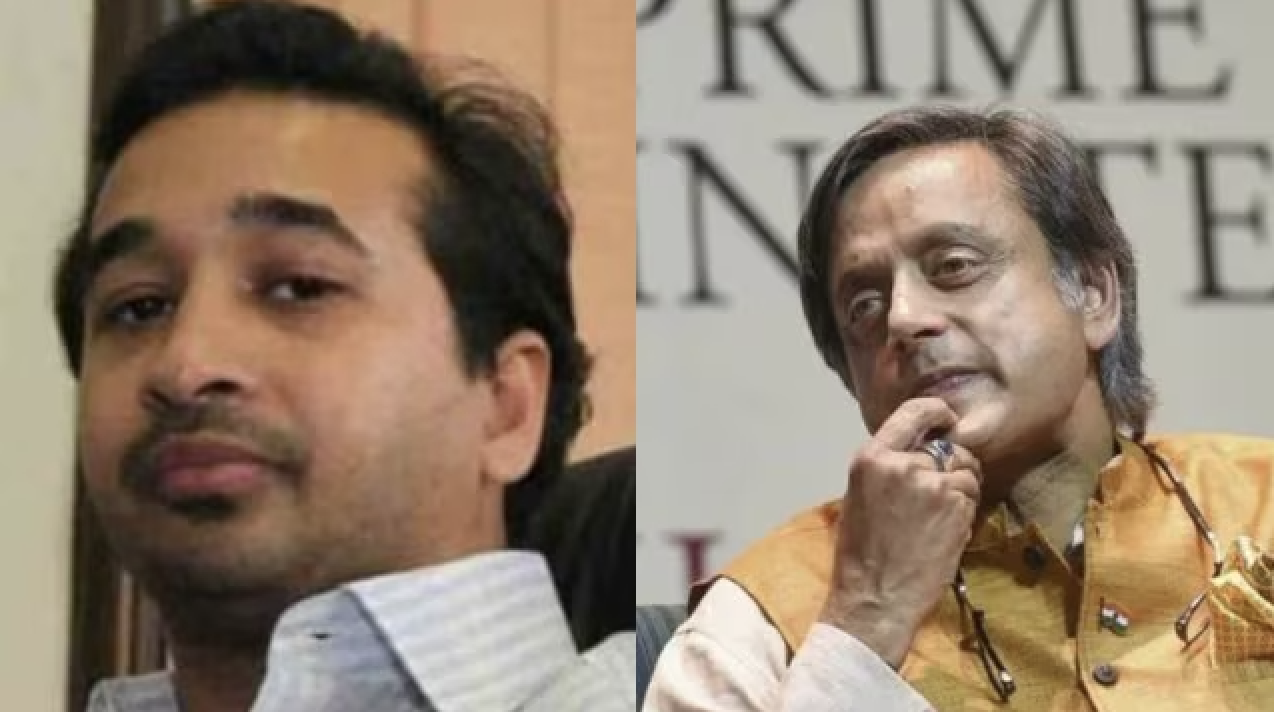
NEW DELHI – The Uttarakhand government has launched a widespread investigation into the operation of madrasas across the state, claiming to have identified approximately 200 ‘fake’ institutions. Chief Minister Pushkar Singh Dhami has stated that the crackdown aims to eliminate institutions involved in illegal activities or receiving suspicious funding.
According to official sources, 129 madrasas were reported as fake in Udham Singh Nagar, around 60 in Dehradun, and 21 in Haridwar. This comes after Dhami directed all district police chiefs to inspect madrasa operations thoroughly. “If funding is being done wrongly, then it will be investigated. If any work is done by ignoring the rules, strict action will be taken against it,” said Chief Minister Dhami.
The action has sparked controversy, with the opposition Congress party accusing the government of targeting the Muslim community selectively. Congress state president questioned the timing and intent behind the sudden scrutiny, stating, “Why do such actions always surface around elections? If an inquiry is necessary, it should also cover private schools where rule violations are common.”
Many local Muslim leaders and scholars have expressed concerns over the sweeping generalisation of madrasas as ‘fake’ institutions. A prominent madrasa administrator in Dehradun, requesting anonymity, remarked, “This campaign is creating an atmosphere of fear among the community. Genuine institutions are being unfairly targeted.”
Muslim organisations have argued that the government’s focus on madrasas alone undermines the contributions of these institutions in providing education to underprivileged children. “Madrasas have been serving educational needs for decades. They should be regulated, but targeting them exclusively raises concerns of bias,” said Maulana Rashid Qasmi, a religious scholar from Haridwar.
Earlier this year, the Uttarakhand government had announced policy changes requiring madrasas to introduce Sanskrit alongside Arabic and Urdu instruction. While some welcomed the move as a step toward holistic education, concerns arose over state intervention in religious education. The Ulema Council stated, “We have no objection to teaching Sanskrit, but it should not be imposed forcefully. Educational freedom must be respected.”
This story was originally published in clarionindia.net. Read the full story here.





